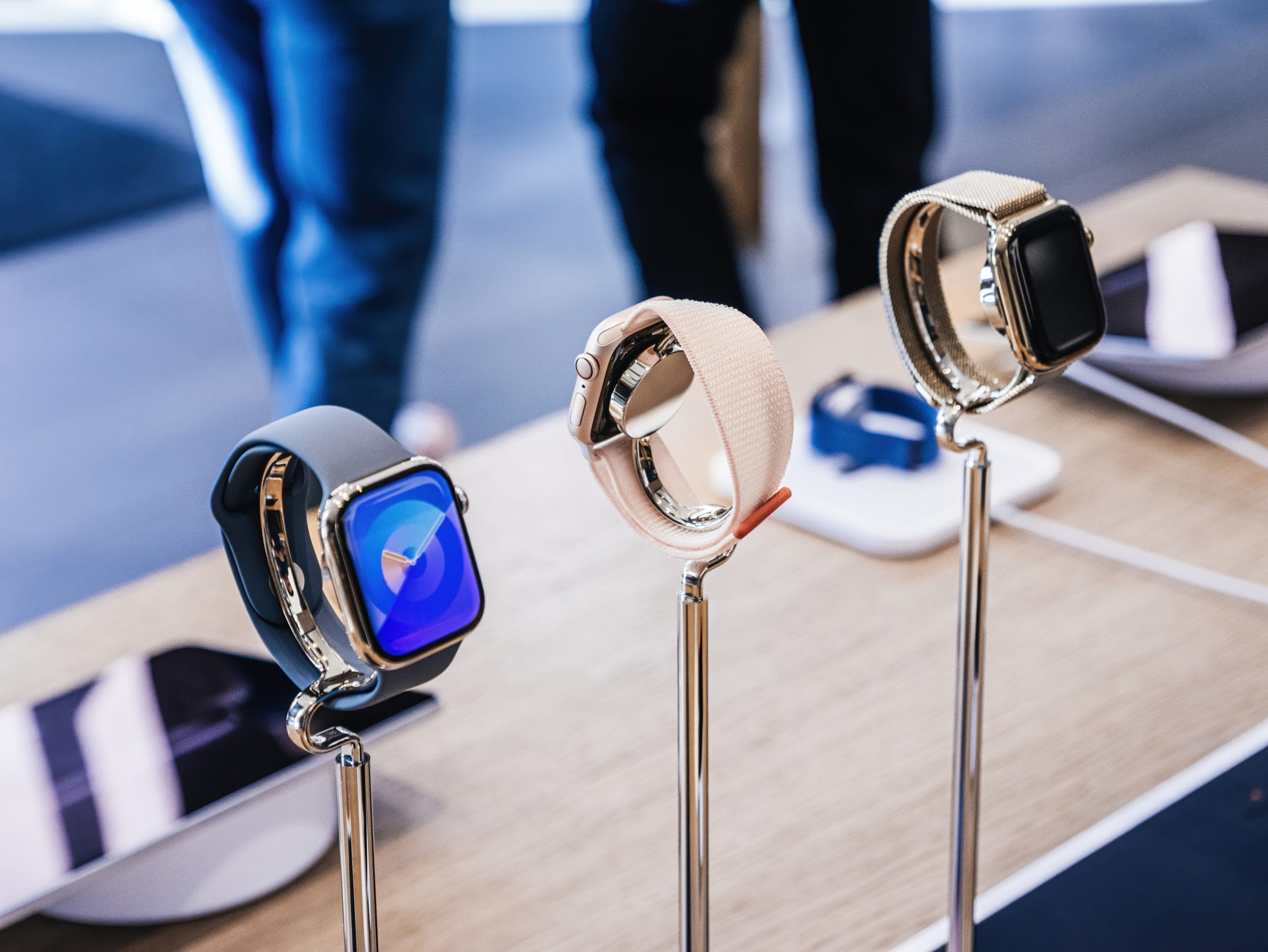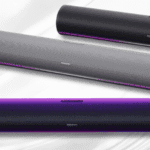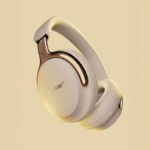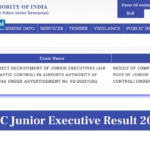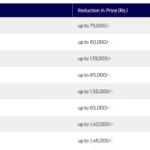The Apple Watch has long symbolized more than just a smartwatch—it’s a blend of cutting-edge engineering, precision health technology, and years of secretive research. But behind the glass and steel of the world’s most popular wearable, a courtroom drama is now unfolding. Apple has accused one of its former engineers of betraying the company’s trust and allegedly passing along trade secrets to Oppo, one of China’s biggest smartphone makers. What began as a story of innovation has now spiraled into a legal battle over intellectual property, corporate loyalty, and the future of wearable technology.
The Key Players
At the center of the case stands Apple, the Silicon Valley giant renowned not only for its innovation but also for its fierce protection of intellectual property. For decades, Apple has been relentless in safeguarding the ideas that fuel its global dominance.
Opposing it is Oppo, a major Chinese smartphone manufacturer that has been expanding its presence in the wearables sector. Oppo has ambitions of its own to rival Apple’s smartwatch leadership, making this lawsuit a flashpoint in the global battle for technological supremacy.
Caught between these titans is Dr. Chen Shi, a former Sensor System Architect at Apple. Shi spent years working on the Apple Watch’s advanced health sensors, a cornerstone feature that has defined the device. Apple now claims that during his final months with the company, Shi crossed a line—stealing sensitive files and secretly conspiring with Oppo to replicate its innovations.
The Timeline of Suspicion
Shi joined Apple in early 2020, where he became deeply embedded in the teams working on health monitoring and sensor technologies. According to Apple, he left the company in mid-2025, citing personal reasons, specifically the need to care for aging parents. However, the lawsuit suggests this explanation was misleading—Shi had already secured a position with Oppo at the time of his departure.
In the weeks before his exit, Apple alleges Shi engaged in unusual behavior. He began holding dozens of private one-on-one meetings with engineers working on the Apple Watch. More alarmingly, he downloaded a trove of sensitive materials—over sixty documents from a restricted company folder. These files reportedly contained proprietary research related to advanced health sensors, including ECG technology. Late-night transfers to a USB drive and suspicious search queries on his work computer, such as instructions on how to wipe data without detection, only deepened Apple’s suspicions.
The Digital Trail
Apple’s case relies heavily on a digital trail that it says exposes Shi’s true intentions. Investigators claim that Shi’s company-issued iPhone contained incriminating messages exchanged with senior executives at Oppo.
In one striking example, Shi allegedly told a vice president of Oppo’s health division that he would “collect as much information as possible and share it later.” The response, a simple acknowledgment followed by an emoji, painted a troubling picture for Apple’s lawyers: a direct line of communication between a departing employee and a rival company.
To Apple, this was not the act of an employee leaving quietly for a new job. It was evidence of a coordinated effort to funnel sensitive data to a competitor.
Inside the Lawsuit
Apple filed its complaint in the Northern District of California, accusing Shi, Oppo, and its affiliate InnoPeak Technology of conspiring to steal trade secrets. The legal filing outlines breaches of confidentiality agreements, misappropriation of intellectual property, and unfair competition.
Apple is not only seeking financial damages but also injunctions that would prevent Oppo from using any of the allegedly stolen material in future products. By doing so, Apple hopes to ensure that years of expensive research and development do not end up strengthening a rival’s smartwatch business.
This isn’t merely about money—it’s about preserving Apple’s leadership in a fiercely competitive market where health-tracking features are becoming the primary battleground.
Oppo Responds
For its part, Oppo has denied any wrongdoing. The company insists there is no evidence linking Shi’s alleged misconduct to his work at Oppo. It has promised to cooperate fully with the legal process, while also defending its reputation against what it characterizes as overreaching claims by Apple.
Oppo’s response highlights a broader tension that often emerges when Western tech companies accuse Chinese firms of intellectual property theft. While Apple portrays this as a straightforward case of betrayal, Oppo insists it is a respected innovator in its own right, building its products independently.
Not Apple’s First Battle
This lawsuit is not without precedent. Apple has a long history of fighting aggressively to protect its technology. Years ago, the company clashed with medical device maker Masimo over patents related to optical health sensors, a battle that led to bans and counter-lawsuits around the Apple Watch.
More recently, Apple also sued a former employee for allegedly stealing secrets about its Vision Pro headset and passing them to competitors. These incidents underscore a persistent challenge faced by Apple: keeping trade secrets safe in an industry where talent is mobile and innovation is the currency of power.
What’s at Stake
The stakes could not be higher. Apple has invested billions in making the Apple Watch not just a lifestyle gadget but a medical-grade health companion. Features like ECG monitoring, blood oxygen sensors, and advanced fitness tracking set the device apart in a crowded market. If a competitor like Oppo gains access to Apple’s confidential blueprints, the edge Apple has carefully cultivated could erode overnight.
Beyond the product itself, the lawsuit raises bigger questions about trust. Apple prides itself on hiring the world’s brightest minds, but every new hire carries a risk. How can a company foster innovation while ensuring loyalty? How does it protect itself when employees decide to move on?
Potential Fallout
If Apple prevails in court, the ruling could send shockwaves across the tech world. It would reinforce the importance of strict intellectual property protections and serve as a warning to employees tempted to carry company secrets to new employers. Other companies may tighten their security policies, monitoring internal behavior more aggressively.
On the other hand, if Shi and Oppo manage to fight off the claims, Apple could face uncomfortable questions about how it handles internal departures. Did it fail to detect the alleged misconduct early enough? Could its security protocols be stronger? The verdict could also embolden talent to move more freely between rivals, testing the limits of non-disclosure agreements in a globalized tech economy.
The Bigger Picture
This case reflects more than just a dispute between two companies—it embodies the modern tension between innovation, globalization, and corporate security. In Silicon Valley and beyond, the race for technological dominance in health wearables is intensifying. Apple, Samsung, Huawei, and Oppo all understand that the future of smartwatches lies not only in design but in their ability to monitor and even predict health conditions.
Every new sensor, every line of code, and every proprietary algorithm represents years of investment. When those innovations are threatened, companies respond not just in the lab, but in the courtroom.
Conclusion
As the Apple Watch continues to sit proudly on the wrists of millions, the legal fight behind it has only just begun. Apple’s lawsuit against its former engineer and Oppo is a reminder that innovation is fragile—and that in today’s tech landscape, the fiercest battles often play out not in product launches, but in federal courts.
The outcome of this case will shape how companies safeguard secrets, how talent moves across borders, and how wearables evolve in the coming decade. In an era where ideas can travel as easily as a downloaded file, the question remains: how can companies truly protect the innovation that defines them?
